"I’ll be honest and admit that there is something rather lovely about a good whisky!" If I could, I would love to spend an afternoon with Ernest Hemingway. My uncle introduced me to his work at a young age, Fiesta: The Sun Also Rises was incredible and the first novel he gave me, I’d never read anything quite like it. Hemingway had a wonderful ability to describe human nature, how complicated we are as beings, and how destructive we can be to one another. I also fell in love with his descriptions of each new landscape and location. "Hemingway had a wonderful ability to describe human nature, how complicated we are as beings,
We have discussed our mutual interest (i.e. obsession) with all things related to vikings on several occasions, but I’d like to know where it all started for you. Were you always drawn to viking history and the Norse myths? Was there a particular author, book, or event that first sparked your interest? Growing up I was very lucky to have a wonderful grandfather who shared many authors, books and ideas with me from a young age. He encouraged me to read as often as possible and to try many different subjects. He had a love for history and genealogy, Norse myths and sagas were a deep interest he passed on to me, on both sides of my family there are links to the Viking past of Ireland, Scotland and the Scottish islands. I remember sitting as a child and looking at the bookcases filled with leather bound books and the smell that comes with old worn pages, my grandfather introduced me to Tolkien and The Hobbit, to the tales of Erik the Red, and the Saga of the Volsungs, for that I’ll always be grateful. "I remember sitting as a child and looking at the bookcases filled with leather bound books
Children of Midgard, as told through Liv’s eyes, offers a unique female perspective of the Viking Age world which is so often presented through male-dominated narratives. Recent archeological discoveries have also stoked increased interest in women of the Viking Age and continue to broaden our perspective of the diverse roles they played in that society. What sources would you recommend for readers who want to learn more about women in the Viking Age? We are currently experiencing a very exciting period regarding the discovery of archaeological evidence, conversation, and theories of women in the Viking age. With Liv, I wanted her to remain a strong individual while observing the fact that she had to make decisions based on the fact she was a woman caring for a child on her own in the Viking era. From reading the sagas and poems of the Norse I knew women were strong characters, they were driven and capable, but I knew I needed to delve a little deeper than that. I read the Gragas, which is an amazing document, if a little heavy at times! I also read a number of books by well known names including Judith Jesch, Johanna Katrin Fridriksdottir, Carolyne Larrington, Hilda Ellis Davidson, Jesse Byock, Anders Winroth, Gwen Jones, and possibly a few more! I have a book addiction! "From reading the sagas and poems of the Norse I knew women were strong characters, In our last conversation you mentioned that you had been digging into the research archives to learn how children were raised in the Viking Age. Have you come across any major differences between how children were raised then and how they are raised today? Would you adopt any Viking approaches to child-rearing over today’s culturally accepted wisdom? I don't have children myself, so I certainly would not claim to have experience of, or know, what the best method for bringing one up in this day and age might be. That being said I have the joy of children and teenagers within our extended family, and what I have noticed is their curiosity, appreciation for honesty, and wonderful imaginations. I think children are extremely adaptive and in many ways develop strategies and mechanisms to deal with situations that can surprise adults. In some ways I think that applies to children in the Viking era, their childhoods were not what we would consider very long, particularly easy going, or free from labour. From the sagas we have glimpses of situations young girls and boys found themselves in, that violence played a part in their lives which is significant given the world in which they lived, and again the Gragas (medieval Icelandic lawbook) is a marvellous tool giving us an insight into how the law regarded them. "From the sagas we have glimpses of situations young girls and boys found themselves in,
"I quickly started to realise that even though there might be great distances and cultural differences present in various myths and legends, there were also similar ideas, characters and messages." If I could suggest any materials for readers and listeners to try it would be the works of Joseph Campbell, Hilda Ellis Davidson, and perhaps podcasts that look at philosophy as well as history, myth and legend, it might give them the sense of discovery it gave me. My goal with the podcast is to share and encourage the tradition of storytelling, to fire an interest or curiosity in our past and provide glimpses into the world in which our ancestors lived. "My goal with the podcast is to share and encourage the tradition of storytelling, What can you tell us about your next big project and where can we find more information about your writing and your podcast? Currently I am editing my next manuscript which is due for release this summer, it's an exciting project that I’ve been developing over the past few years. The art of storytelling is such an important part of my life, and I wanted to create that intimate feeling of being within a circle by the campfire, the magic of hearing tales that perhaps no-one else had ever heard before, and I think this new book is what I had imagined. The podcast is going from strength to strength, my listeners are wonderfully supportive, I’ve really enjoyed discussing so many ideas and stories we all have to share. I’ve been very fortunate to have friends, both new and old, on the show and the community that I’m so very lucky to be a part of is wonderfully talented, encouraging and enthusiastic. Gosh, so in short, a new book and lots more podcasts! Siobhan Clark's The Children Of Midgard is available in Waterstones, Barnes & Noble, and on Amazon.
She also has a limited number of signed copies! Follow her on Twitter at Siobhán Clark (@siobhancoda) and at the Myth Legend & Lore Podcast (@LoreMyth) Find the Myth Legend Lore Podcast on iTunes or Podbean
1 Comment
I recently had the pleasure of being featured as a guest on the Myths, Legends, and Lore Podcast hosted by my good friend Siobhan Clark (also the author of Children of Midgard). Listen in on our conversation about the Norse myths, their influence on our work, and habits that cultivate creativity. The episode also features an original musical arrangement of The Song of the Nidavel from The Gatewatch! Find more amazing podcasts by Siobhan by following The Myth Legend & Lore Podcast on Twitter.
What does a productive day of writing look like for you? Do you have any habits or rituals that help you stay focussed or be more productive? I’m currently working on ritualizing 1,000 words a day minimum. I’ve been all over the place, ranging from zero to 8,000 in a single day. A good day is when I’m in a state of flow, when the words seem to come of their own accord. That only comes if I’ve been regularly writing for a few weeks. Habits right now are hard to form, because I have three toddlers. But I do have a special writing station, I have noise cancelling headphones and my favorite 16th century choral music station on Pandora, and sometimes, that works. "I do have a special writing station, I have noise cancelling headphones What is the greatest obstacle between you and your writing? Myself. Having a self-defeating mindset that feeds on internal negativity. Sometimes I can’t write. Then I hate myself. But recently I’ve gotten pretty good at just forcing myself to work through it. Still have some bad days, though. Your work is inspired by the Russian Folktales; I can relate as my work is based off the Norse Myths. Where does the writing process start for you: with an original idea or with the folktale? Good question! The folktale is the frame for me, the backbone. I don’t study it or read it; it’s inside me already, I grew up with them. So within that world that I know, I then start to think about original ideas inspired by the tropes of the fairy tales. If I’m stuck, then I’ll read a folktale I haven’t read before, and often I’ll get weird tangential ideas for mythical creatures or obstacles or conflict that way. It’s fun. "The folktale is the frame for me, the backbone. I don’t study it or read it; it’s inside me already, I grew up with them."
But there’s something about them that engages very intrinsic parts of human beings, no matter what the culture. Tolkien talks about this, modern neurobiology confirms it with interesting studies on brain scans. Basically, there’s something about fairy tales that can tell a deep truth in a way that goes straight to the heart, sometimes even bypassing the brain. It’s some like incantation or music, which is more experiential than rational. "there’s something about fairy tales that can tell a deep truth in a way that goes straight to the heart, What is next for you creatively? Do you have another project on the go? I’m taking a very long time editing book 4 of my series, which is a novella, but has taken longer than almost any other book I’ve written. It’s got a lot of emotional stuff in it, which I need to get right. And I’ve been battling… what do they call it? crippling self-doubt? Something like that. I’m also working on a screenplay with another writer, a historical fantasy set in the early days of medieval Russia, when the Russians were basically Vikings. It’s been fun. Where can we find more about you and your work? I blog about Russian folk history and culture, and I write book reviews on my website, where you can find all my books as well. You can also find me on Facebook, Instagram and Pinterest, where I share images that inspire my writing. Read more from Nicholas and find his Raven Son series on his website.
It is my firm belief that the kinds of stories a culture tells will, in fact, tell you far more about that culture than the stories themselves. What kind of stories do we tell today? I sense futility, anger, hopelessness, selfishness, and defeat in most of them. A sense of embarrassment about the story we are currently telling through how we live is already openly acknowledged: how often have you heard people shudder as they ask what their grandchildren might say of us and how we treated the environment, or nuclear science, or genetics research? But there are other cultures and with them other stories that we might tell instead. "It is my firm belief that the kinds of stories a culture tells will, in fact,
What sort of people tell that kind of story? What kind of culture lets their heroes lose? Couldn’t the strength of Thor, the cunning of Loki, the beauty of Freya, the keen senses of Heimdal, or the wisdom of Odin divert this terrible disaster? No. The gods are doomed and each must live under the shadow of this impending apocalypse. Does that sound familiar? I think we might have more in common with the ancient Scandinavian story-tellers than most people imagine. What sort of people tell that kind of story? What kind of culture lets their heroes lose? So what is the response of Odin and the gods to their plight? Do they give up? Do they lay down their swords and surrender to their inevitable end? Do they drink themselves blind in light of the doom that awaits? No. Odin plots ceaselessly to seek out the bravest and wisest warriors to join him in Valhalla where they constantly prepare for Ragnarok. Thor continues to beat back the frost-giants with his hammer Mjolnir and Heimdal remains ever-watchful at his post atop Bifrost. And, of course, the iconic viking warrior emulates the Norse gods: despite the odds he fights, more concerned about finding a good end than in trying to avoid it. So I offer this thought: if the stories we are telling today are not the sort we’d like people to remember us by then let’s look back and find stories worth telling. After that, when we are ready, we’ll embrace a new way of looking at the future and learn face the inevitable challenges that lay ahead with courage instead of cowardice. Then we’ll start telling stories worth living. For more on Ragnarok Joshua recommends Kevin Crossley-Holland’s translation of the Norse Myths.
Do you have any advice for writers trying to distribute or sell their work online? Be an active and genuine contributor to the community. Nobody responds well to the person with the megaphone shouting buy my book. By being consistent and yourself you can build a genuine following of readers who you can then appeal to. It is also important to learn how to talk about yourself, which I’m still trying to improve on. There will be times when you need to sell yourself and your product, so having a good concise elevator style pitch is very useful for all forms of marketing. "Be an active and genuine contributor to the community.
Your background in Zoology and Classics is quite unique. Are there any interesting intersections between those two subjects that most people don’t know about? My friends at university used to joke that my future career would be teaching Latin to cows (LOL). The skills that I learned from both disciplines have been incredibly useful both in writing and in my career. Arts and sciences are far more intimately intertwined then I think many people realize, across a wide variety of careers. My favourite topic to discuss is how mythical creatures could have hypothetically survived. Applying zoological concepts to myths, and examining how humans have interacted with animals for centuries is always really fascinating. Given your background in Zoology do you have any advice for writers trying to create fantastic creatures or monsters in terms of physiology or biology? Animals adapt and develop characteristics based on environmental pressures. For example, a fish living on the bottom of the ocean has a mouth positioned under its body so that it can find food in the sand. Or a fish that lives in a coral reef is more likely to be colourful to help it blend in with its complex surroundings. When creating your own creature, think about the environment that organism is from and what features it would need to survive there: how does it get food, how does it protect itself, how does it reproduce? It is a fun creative exercise, and you can find inspiration from real animals to start you off. Nature already defies our imagination. "When creating your own creature, think about the environment that organism is from and what features it would need to survive there: how does it get food, how does it protect itself, how does it reproduce?" Are you currently working on a sequel or an entirely new project? I usually have a few projects going at once. The most exciting thing I am currently working on is an extended version of Demons at the Doorstep for release next year. Stay tuned for that! It is the first in a series and so I do have drafts in the work for the following books in the series. I am also working on a pirate fantasy as part of NaNoWriMo, and I hope to be able to explore that more in depth in the future. Where can we find more about you and your work? You can follow me on Instagram for lots of fun things - @rbellirving. I also have a website and blog where you can learn more about the series, the characters and lessons learned, at www.rbellirving.ca. Also, find a sneak-peak of Rachael’s novel Demons at the Doorstep here.
|
AuthorJoshua Gillingham is an author, editor, and game designer from Vancouver Island, Canada. Archives
April 2022
Categories
All
|

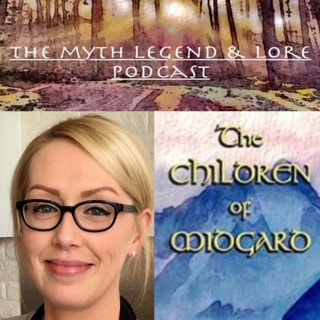

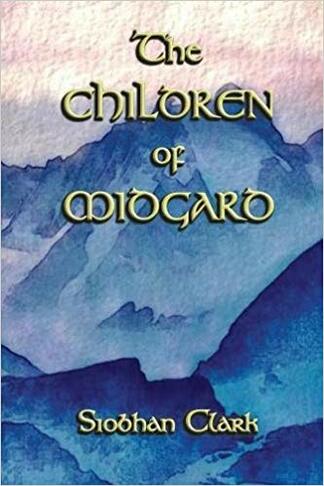
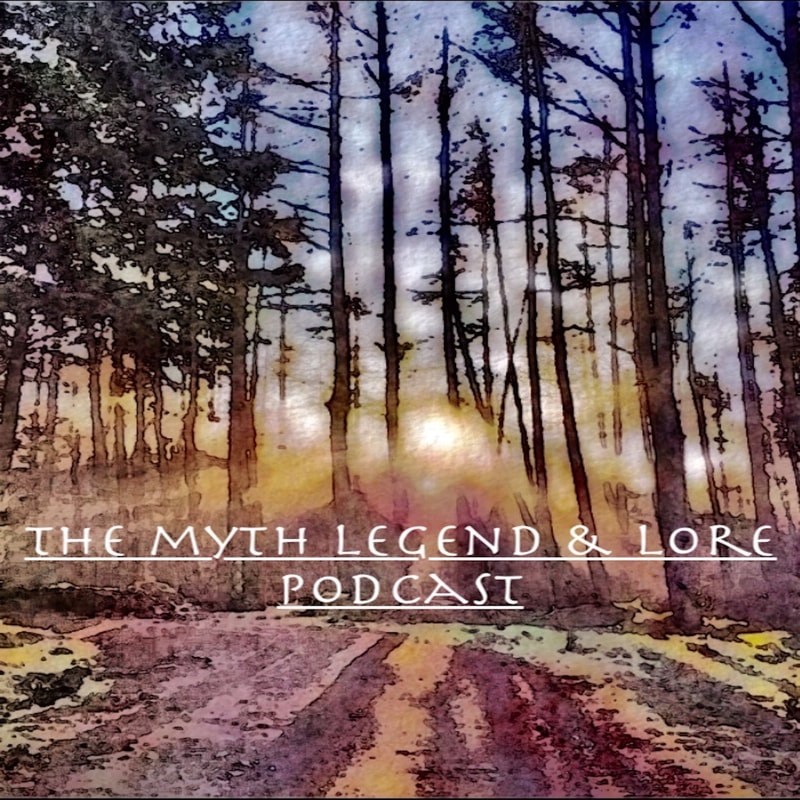

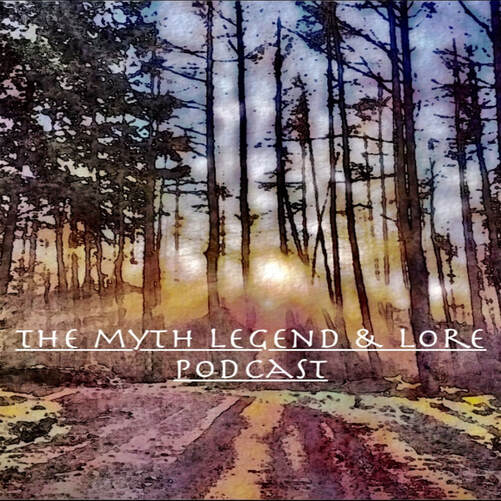
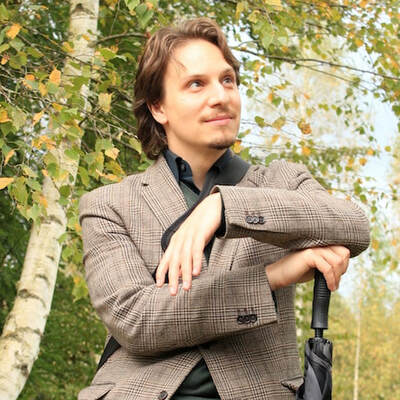
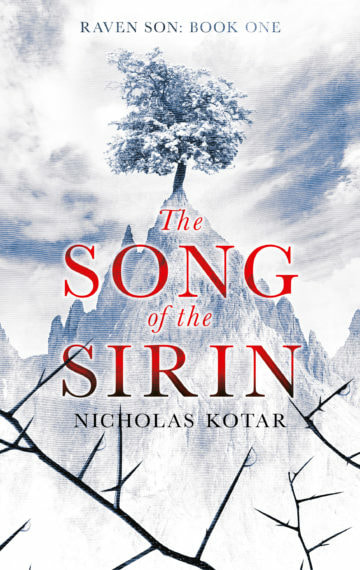

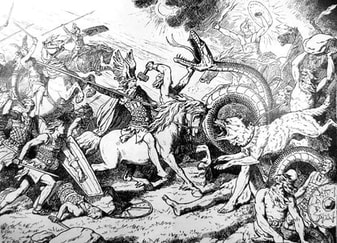

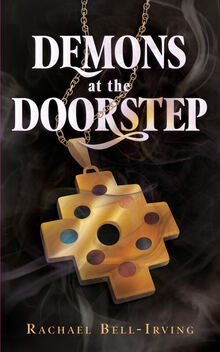
 RSS Feed
RSS Feed
